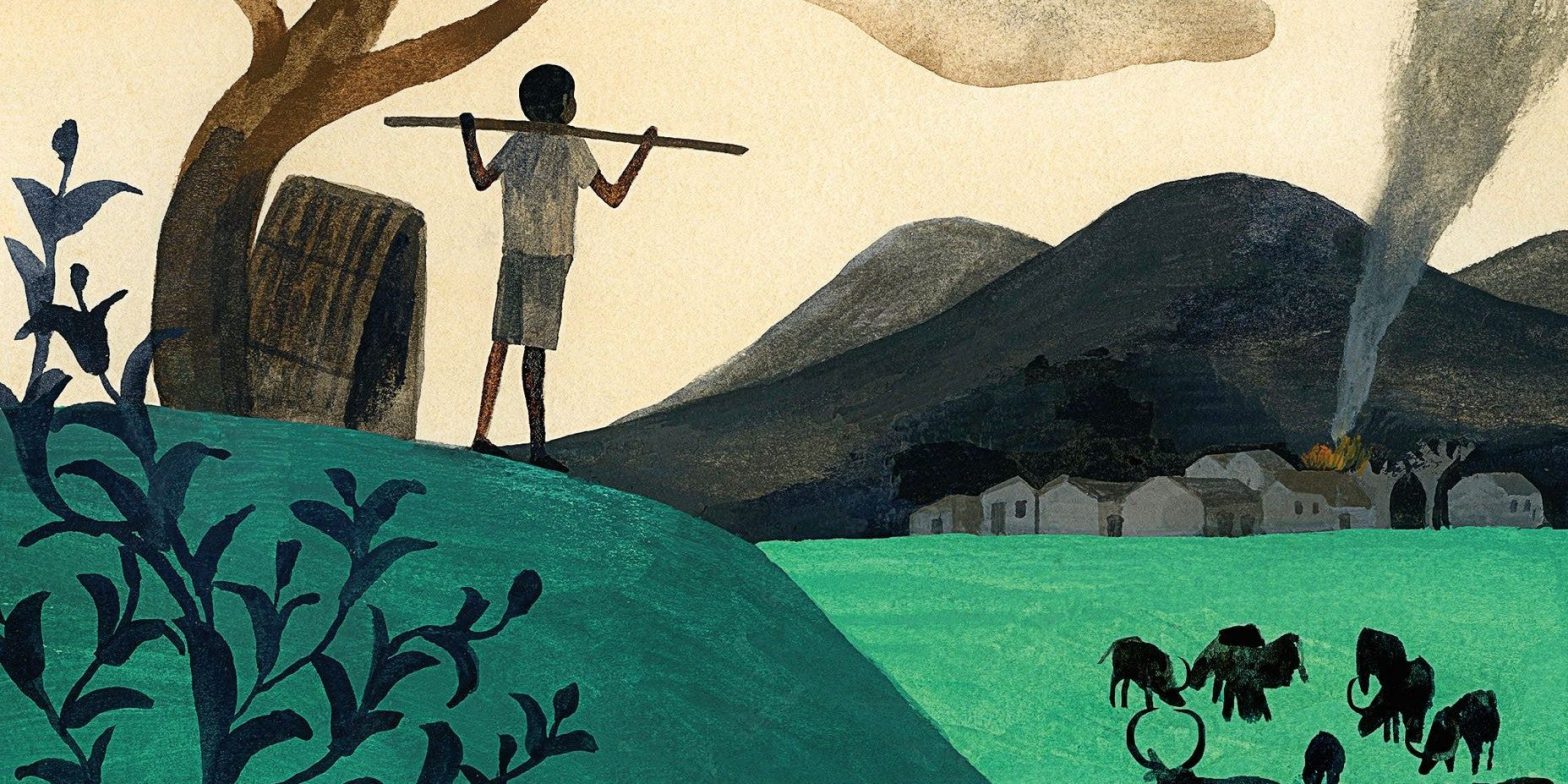In an essay, writer Zadie Smith explains that she was drawn to writing fiction through a persistent childhood desire to inhabit the lives of other people—what she describes as “profound-other-fascination” or “interpersonal voyeurism.” Her motivation originated from aspirations to learn about and express the lives of people of cultures, religions, and lifestyles far removed from her own.
Rwandan-French writer, Scholastique Mukasonga, harbors similar motivations for writing, though the lives she seeks to inhabit are much closer to her own personal history. In her short story, “Cattle Praise Song,” Mukonga uses fiction as an avenue to explore a “nostalgia for a life [she] didn’t know,” writing about cows and cattle herding in a Rwandan village in the early 1960s, a few years before her and her family, who were members of the Tutsi ethnic group, went into exile in the Bugesera district.
Nearly all of the story, save for a few paragraphs at the end, concerns the intimate relationship between the collective of a village and the presence of cattle—the evolution of their daily interactions over several years amidst upheaval and conflict. The narrator details how his father would prevent the cows from being stolen, the common rituals of upkeep shared by community members, how cow’s milk figured into familial bonds, and how cattle-related chores were allocated within a family unit.
Through describing how for his father, cattle ownership and pride in one’s herd was innately tied to his ethnic identity and how the presence of a family with cattle would immediately lift the spirits of their entire exiled village, fastening their bonds as they gathered for procuring milk or collecting cowpats, Karekezi, the narrator shows us the intangible. He shows us the unspoken markers of identity and livelihood that permeated this Rwandan village. His father does not lament the hardship of exile or the scarcity of resources, rather he comments on the sacrilegious nature of girls transporting water in calabashes meant for milk. At night, men assuaged their stresses through imagining the cows they would own again, feeding their collective hope.
In her story, Mukasonga makes no profound declarations about the impacts of conflict. She makes no sweeping statements about the loss of tradition or lifestyle. Rather, she shows us these phenomena through speaking to the subtle erosion of positions in carefully curated systems and how the properties of these systems begin to diminish as circumstance alters livelihoods. Through this story and through her autobiographical works, namely The Barefoot Woman, a memoir about her mother, and Cockroach, a jarring account of the Rwandan genocide, Mukasonga adeptly relates the numerous threads of Tutsi village life. Through her recollections of routine practices, Mukasonga breathes life into the narratives about the Tutsi people, prior to genocide infiltrating everyday life and historical memory.
Divulging the vagaries of daily life reveals more than discrete sets of customs and traditions that groups of people choose to ascribe to. Our power and lifeblood both as individuals and as members of a collective extend beyond historical descriptors or one-dimensional, singular narratives. They exist in the choices we make, in the relationships we choose, and the societal systems and rules which we find meaning in. Our collective historical memory often glosses over the reasoning behind these systems that shape experiences of joy and triumph and sadness and loss or deems them as arbitrary—preferring to overlook the value of these chronicles in favor of situating major events. But only through personal accounts can we begin to understand what was lost.

